How to choose a mobile app development company?
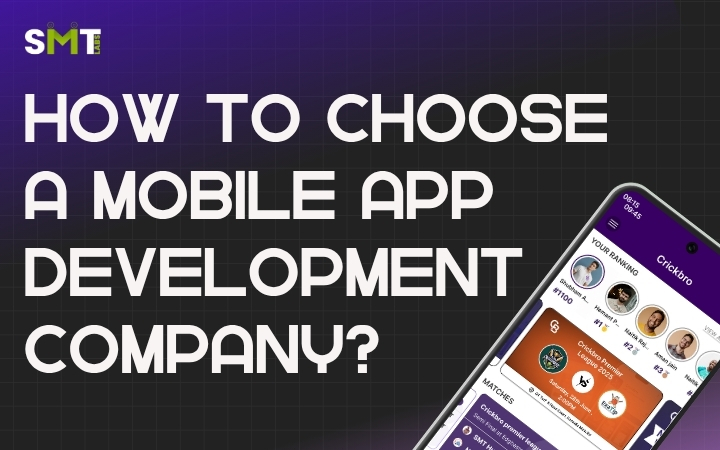
Picking the right mobile app development company isn't just a business decision—it’s a strategic move that can either launch your vision into the stratosphere or leave it floundering in digital limbo. With so many vendors claiming to be the best, it's easy to get overwhelmed. But choosing wrong? That can cost you big time. Think missed deadlines, broken code, skyrocketing costs, or even worse—an unfinished product. Sounds like a nightmare? It is. So how do you ensure you're shaking hands with the right mobile app development partner? This comprehensive guide dives into the 10 most crucial checkpoints when choosing a reliable mobile app development company. Whether you're a startup founder or a CTO scaling an enterprise product, these insights will give you clarity and confidence.
10 tips on how to choose a mobile app development company
1. Assess Their Experience in Your Niche
A company’s past experience can be a huge green flag or a massive red one. When a mobile app development company has successfully delivered solutions in your specific industry, it means they already understand your users, challenges, and market trends. By evaluating their niche-relevant portfolio and client success stories, you can determine whether they’ve handled similar functionalities and scalability challenges. This reduces onboarding time and can even spark new ideas based on their industry knowledge. It also builds confidence that the mobile app development services they offer are already field-tested within your industry landscape.
2. Evaluate Technical Proficiency
Even if you’re not a techie, you still need to assess their technical chops. A reliable app development team should be fluent in modern programming languages like Swift, Kotlin, Flutter app development company, and frameworks like React Native. Beyond tech stacks, observe how they approach backend architecture, quality assurance, and DevOps. The right team won’t just say “yes” to your ideas—they’ll recommend better solutions, foresee pitfalls, and help future-proof your product. If your product vision includes scalability, multi-platform deployment, or AI/ML integrations, your mobile app development partner should be well-equipped with these tools and insights.
3. Check App Design References
A beautifully designed app isn’t just aesthetics—it’s usability, engagement, and customer retention. Evaluating a company’s UI/UX portfolio gives you a sense of how well they translate user expectations into intuitive digital experiences. Don’t just look at screenshots—download the apps they’ve built and test them. Good design should feel seamless and delightful, especially across different devices. Pay attention to consistency in branding, intuitiveness of user flow, and use of micro-interactions. If their portfolio aligns with the kind of experience you envision, you’re likely looking at an IOS mobile app development company that values design as much as code.
4. Review Client Testimonials
Reading and listening to what past clients say about the company is like having a time machine—it tells you what working with them will likely be. Positive testimonials often highlight transparency, timeliness, technical delivery, and responsiveness. You can also explore platforms like Clutch or GoodFirms for unbiased reviews. If possible, reach out directly to past clients to get a real-world feel for communication and project management. These insights provide a behind-the-scenes look into the actual mobile app development services experience that goes beyond what a polished proposal might show.
5. Address Budget Considerations
Budget clarity can save your project from scope creep, under-delivery, or even total collapse. Outline your must-have features, desired platforms, and budget cap clearly during early conversations. Whether it’s a fixed price model or time and material billing, the company should be transparent about costs, timelines, and what’s included. A trustworthy team will offer alternatives that maximize impact without exceeding your limits, and help you plan post-launch expenses too. The right mobile app development company should work with your budget, not against it—offering smart trade-offs and innovative tech solutions that fit your financial framework.
6. Clarify Communication Processes
Your development partner should communicate clearly, consistently, and comfortably. During early calls, pay attention to how they explain their workflow, how often they report progress, and what platforms they use to manage tasks and feedback. A dedicated project manager and agile methodology can make things smooth, predictable, and stress-free. Good communication isn't just about talking—it's about solving, syncing, and staying aligned from idea to app store. This is critical, especially if you're outsourcing app development, where alignment is your lifeline to progress.
7. Decide on the Team Location
Onshore or offshore? There’s no one-size-fits-all answer—it depends on your budget, comfort level, and collaboration preferences. Onshore teams are often better for real-time coordination and in-person meetings, while offshore teams can offer lower costs and extended working hours. Some companies even provide hybrid models for the best of both worlds. The key is ensuring cultural compatibility, time zone management, and shared expectations regardless of geography. If you're a startup, outsourcing app development to a seasoned team overseas can unlock serious cost advantages without sacrificing quality, as long as communication and project management stay tight.
8. Ensure Legal and Security Compliance
With rising data breaches and stricter regulations, your app development company must follow robust security protocols. This includes secure coding practices, user data encryption, and compliance with GDPR, HIPAA, or other regional regulations. Additionally, ensure your IP rights, confidentiality, and design ownership are protected via contracts and NDAs. Legal oversight today avoids costly problems tomorrow. A professional mobile app development services provider should have clear compliance documentation and a track record of maintaining user trust through ethical practices and security-first architecture.
9. Discuss Scalability and Flexibility
You’re not just building for today—you’re laying the foundation for future growth. That’s why it’s essential to ask how your development partner handles evolving needs. Can they expand the team if required? Do they support MVP iterations or phased feature rollouts? Scalability isn’t just about tech—it’s about mindset. A flexible partner will help you pivot when needed without overhauling your architecture. Whether you plan to add new features, integrate third-party APIs, or expand to new markets, your mobile app development company should have strategies to evolve the product with you.
10. Explore Post-Launch Support Services
The app journey doesn’t end at launch. Your users will demand updates, OS changes will roll out, and unexpected bugs will appear. A dependable company offers structured post-launch support with clear SLAs, maintenance plans, and performance monitoring. This ongoing relationship ensures your app evolves with your audience and maintains peak performance over time. Whether it's fixing a bug, scaling to meet demand, or integrating new monetization models, a full-cycle Android mobile app development company is your best ally for long-term digital success.
Read This Also: Top Mobile App Development Company in Scotland
𝐂𝐮𝐬𝐭𝐨𝐦 𝐌𝐨𝐛𝐢𝐥𝐞 𝐀𝐩𝐩 𝐃𝐞𝐯𝐞𝐥𝐨𝐩𝐦𝐞𝐧𝐭 𝐚𝐬 𝐚 𝐁𝐮𝐬𝐢𝐧𝐞𝐬𝐬 𝐀𝐬𝐬𝐞𝐭
Investing in custom mobile app development services isn’t just about solving a current problem—it’s a long-term brand asset. With the rise of mobile-first experiences and the increasing demand for personalization, companies that invest in a strong mobile presence are better positioned to win customers and retain them. Custom solutions allow you to own your tech stack, differentiate your brand, and collect user insights for continuous improvement. Off-the-shelf templates can only get you so far. To truly compete and stand out, you need a partner that understands your business DNA and can build a solution tailored to your goals.
𝐂𝐨𝐧𝐜𝐥𝐮𝐬𝐢𝐨𝐧
Choosing the right mobile app development company goes way beyond ticking boxes—it’s about creating a partnership that empowers your product vision. By thoroughly evaluating these ten factors, you’re stacking the odds in favor of building an app that’s scalable, secure, beautiful, and impactful. If you’re looking for a team that combines technical excellence with startup agility and enterprise discipline, SMT Labs is here to help. Visit smtlabs.io to begin your journey toward digital excellence.
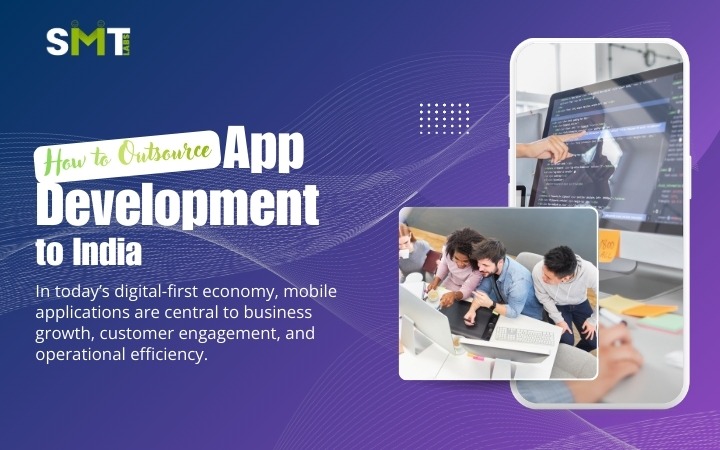
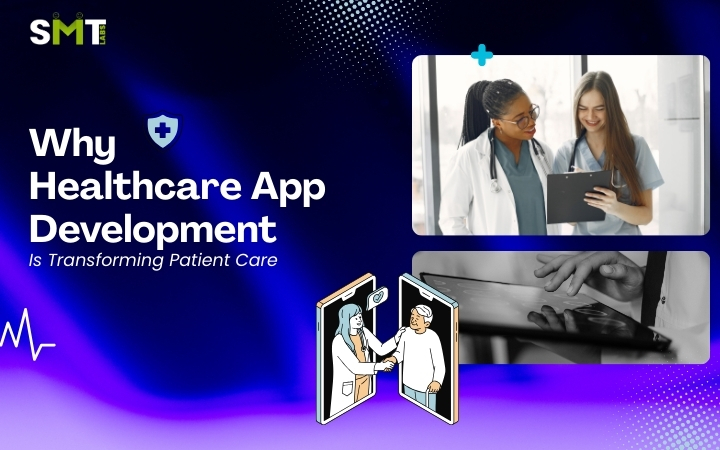
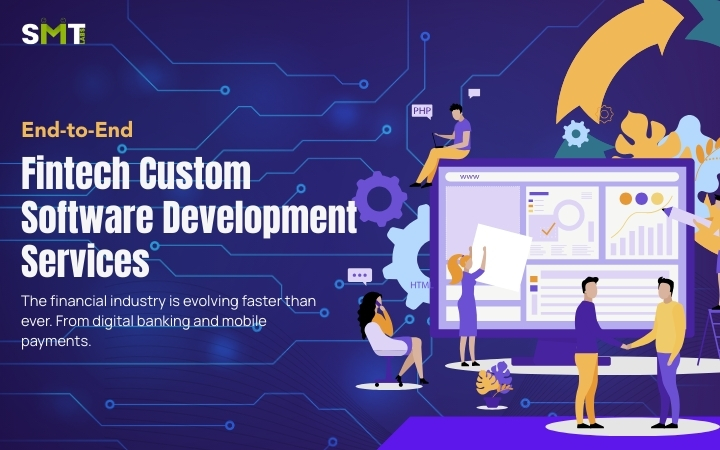

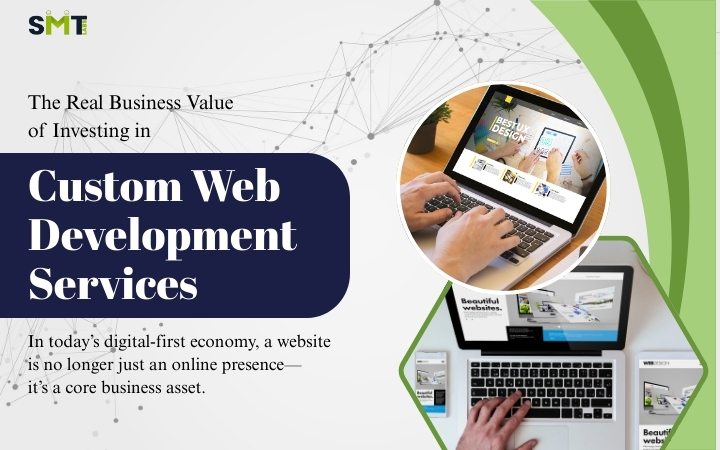
 INDIA
INDIA  USA
USA  SOUTH AFRICA
SOUTH AFRICA  MAURITIUS
MAURITIUS